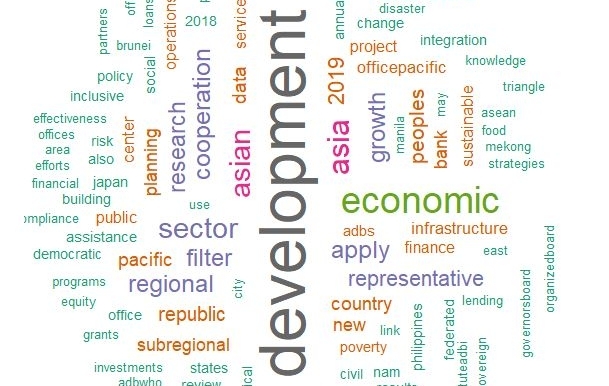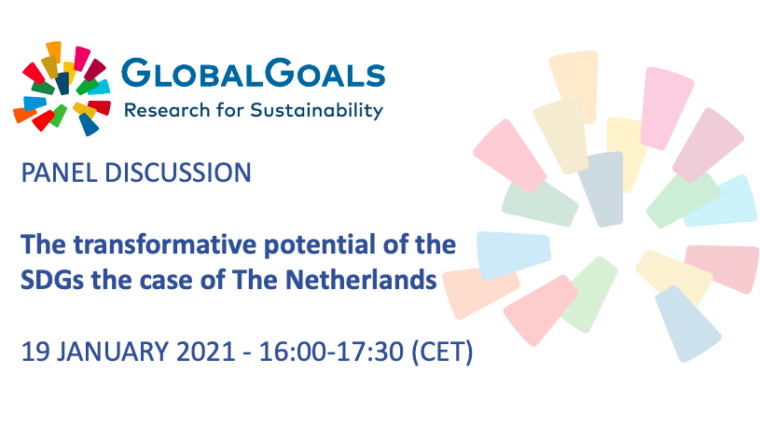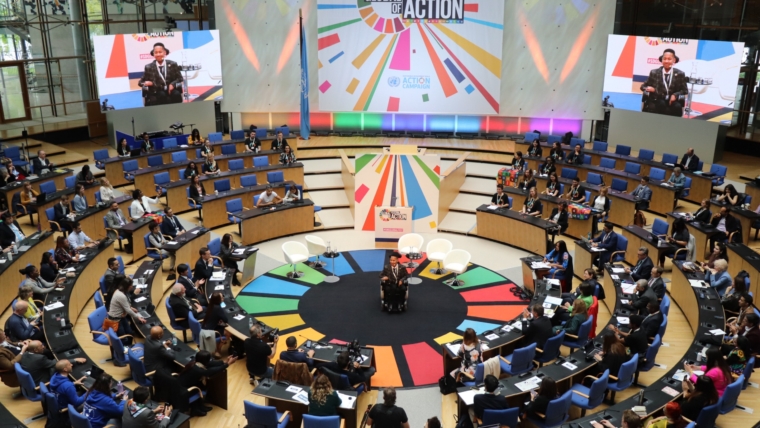SDG adoption and issue integration in international organizations
Led by Maya Bogers
Over the past decades, international organizations have become more and more specialized in numerous sectoral issues. While this development has its advantages, increased specialization has also led actors to operate in silos. This “siloization” is often considered problematic because of the many novel challenges of global governance that are increasingly complex and interconnected. The Sustainable Development Goals call break these silos and to better integrate environmental, social and economic goals into one coherent agenda. The success of the goals, however, depends also on whether international organizations adopt these goals as a new framework of reference and pursue the goals in an integrated manner. Yet, do international organizations really change their behaviour towards implementation of the SDGs?
This study provides a comprehensive assessment of SDG adoption and issue integration by international organizations. We aim to answer two important questions: First, are international organizations adopting the SDGs as a framework? Second, to what extent has attention for cross-sectoral interdependencies – across the social, economic, and environmental dimensions of development and across the SDGs – increased after the SDGs were implemented?
To answer these questions, we carry out a quantitative content analysis on the website texts of 200 international organizations over the time period 2012-2019. Our analyses draw on computational text analysis. Specifically, we use dictionary methods, i.e. automated keyword searches, to analyse how often terms related to the SDGs as a framework are used by international organizations over time. Machine learning algorithms are then used to assess to what extent the topics embedded in the SDGs are addressed, and whether this changes over time.
(Picture shows word cloud of the Asian Development Bank’s website (adb.org))



